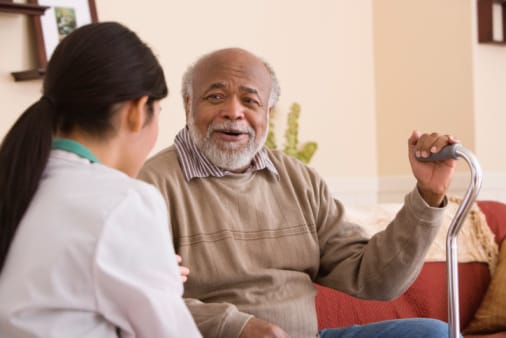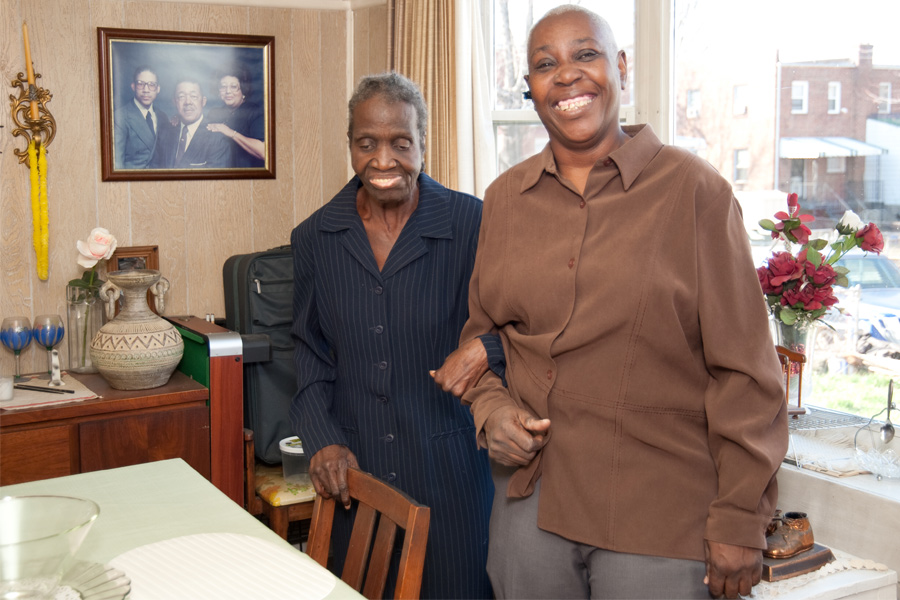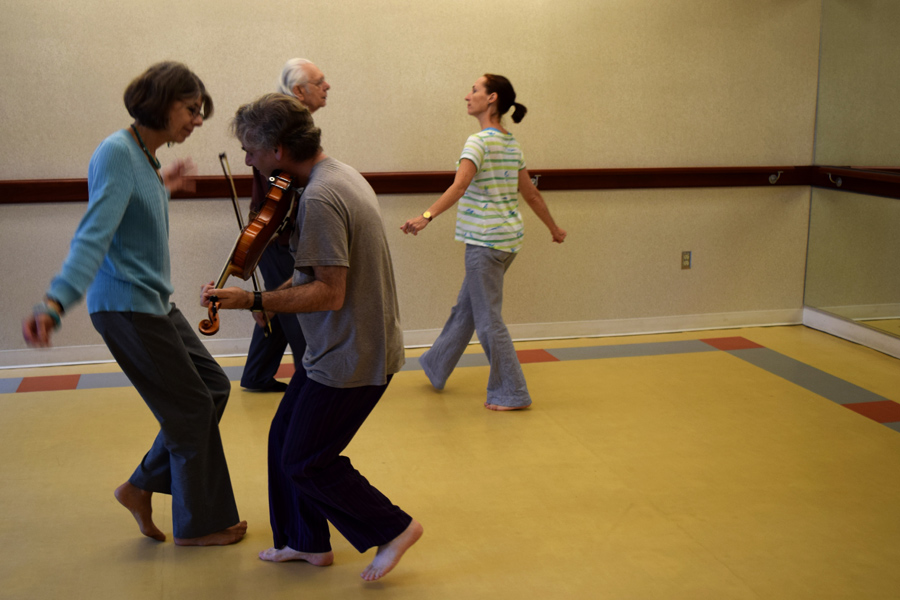Self-Care Checklist for Caregivers


If you’ve ever been responsible for supporting the care of another person, you can probably attest to the physical and emotional strains. All too often, caregivers ignore their own needs for the sake of helping somebody else, especially if their relative’s needs seem so much more present due to a chronic illness.
Here at Iona, we encourage caregivers to practice good self-care. First of all, self-care is important for your own health! Research shows that caregivers can be at an increased risk for depression and chronic illness. Secondly, when your needs are taken care of, the person you care for will benefit too.
Not sure how to practice self-care?
Take a look at our Self-Care Checklist below (or, download and print out a copy here and put somewhere you regularly see, such as your refrigerator or planner). How many aspects can you currently check?
Then, choose just one new aspect to focus on for the week. Could you add a morning walk with friends into your routine, or go to bed one hour earlier, for example? It’s OK to start small!
SELF-CARE FOR THE CAREGIVER
Physical Health
____ I’m seeing my doctor(s) regularly.
____ I’m taking my own medications on schedule.
____ I’m exercising.
____ I’m eating nutritious meals regularly.
____ I’m getting enough sleep.
____ I’m not misusing alcohol or drugs.
Social Health
____ I’m seeing family and friends on a regular basis.
____ I’m keeping up with at least one activity I enjoy.
____ I have fun at least once a week.
Emotional Health
____ I’m getting ongoing emotional support for my caregiving situation from at least one person.
____ I have at least one outlet for stress (e.g., an enjoyable activity, confiding in someone, writing, exercise, meditation or relaxation techniques) that I use regularly.
____ I understand that typical emotional responses to caregiving include denial, anxiety frustration, anger, guilt, shame, and grief.
____ When I feel I cannot handle difficult emotions on my own, I get help.
Spiritual Health
_____ If I have attended religious services in the past, I continue to do so.
____ My faith community is aware of, and supports, my caregiving situation.
____ I am caring for my loved one in a way that is consistent with my values and beliefs, and this experience has meaning for me.
Caregiving Health
____ I understand my relative’s diagnosis and prognosis.
____ I understand what type of care my relative needs and I have a plan to provide it.
____ I understand my relative’s and my own financial and legal situation.
____ I have a plan for the future as my relative’s needs changes and/or know where to get help making a plan.
____ I’m not tolerating abuse from the person I am caring for.
____ I’m asking for, and accepting, help from family, friends, neighbors, members of my congregation and community, and professionals.
____ I’m in regular contact with other caregivers.
If you have questions about any of these points or are unsure how to begin, Iona can help! Call our Helpline at (202) 895-9448 or email info@iona.org to speak with a licensed social worker. They can provide resources and support on planning ahead, communicating effectively with your loved one, finding respite, and practicing self-care.
Related Articles

The Stories of Dementia in the District

A Couple’s Vows Create Opportunities to Age Well

Can You Imagine Taking Three Buses to Get to Iona?

